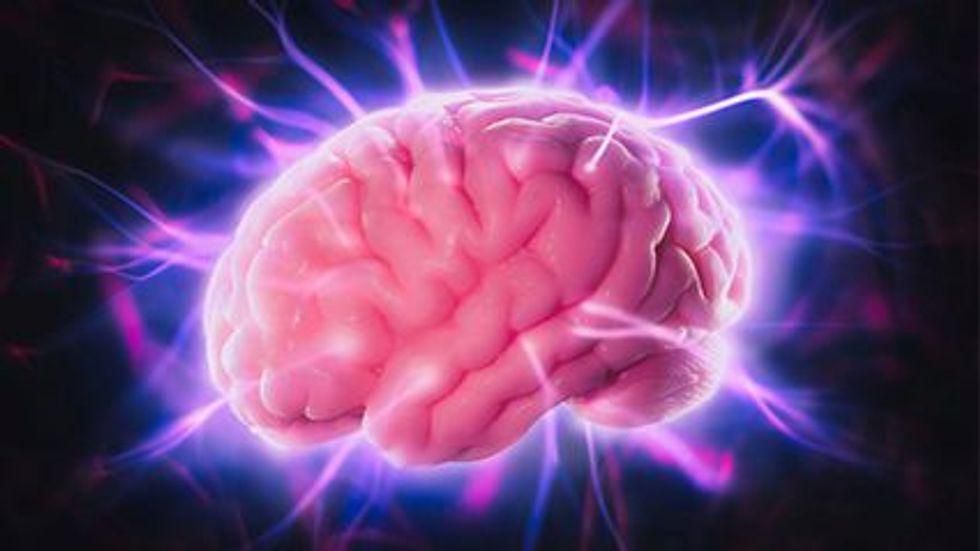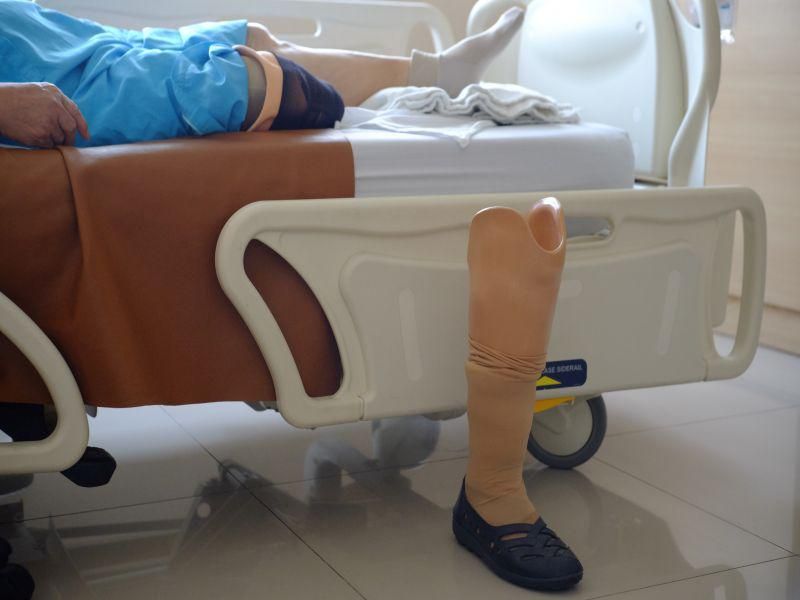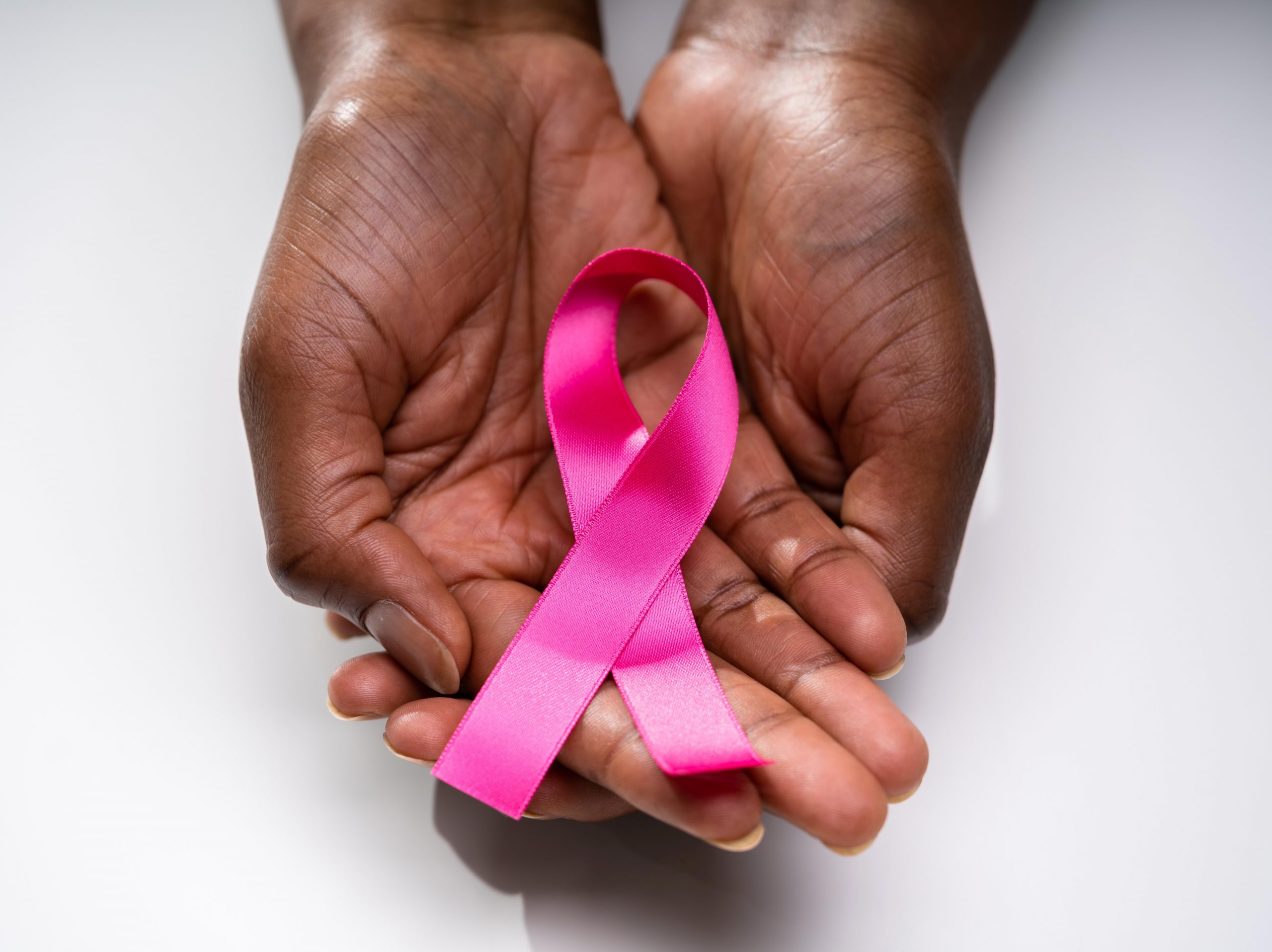
For people with epilepsy, living in lower-income neighborhoods is associated with worse mental functioning, new research suggests. For the study, the researchers looked at the memory, thinking ability and mental health of people with epilepsy, and found differences based on where they lived. Brain-health issues were more common among those from disadvantaged areas with fewer… read on > read on >






























